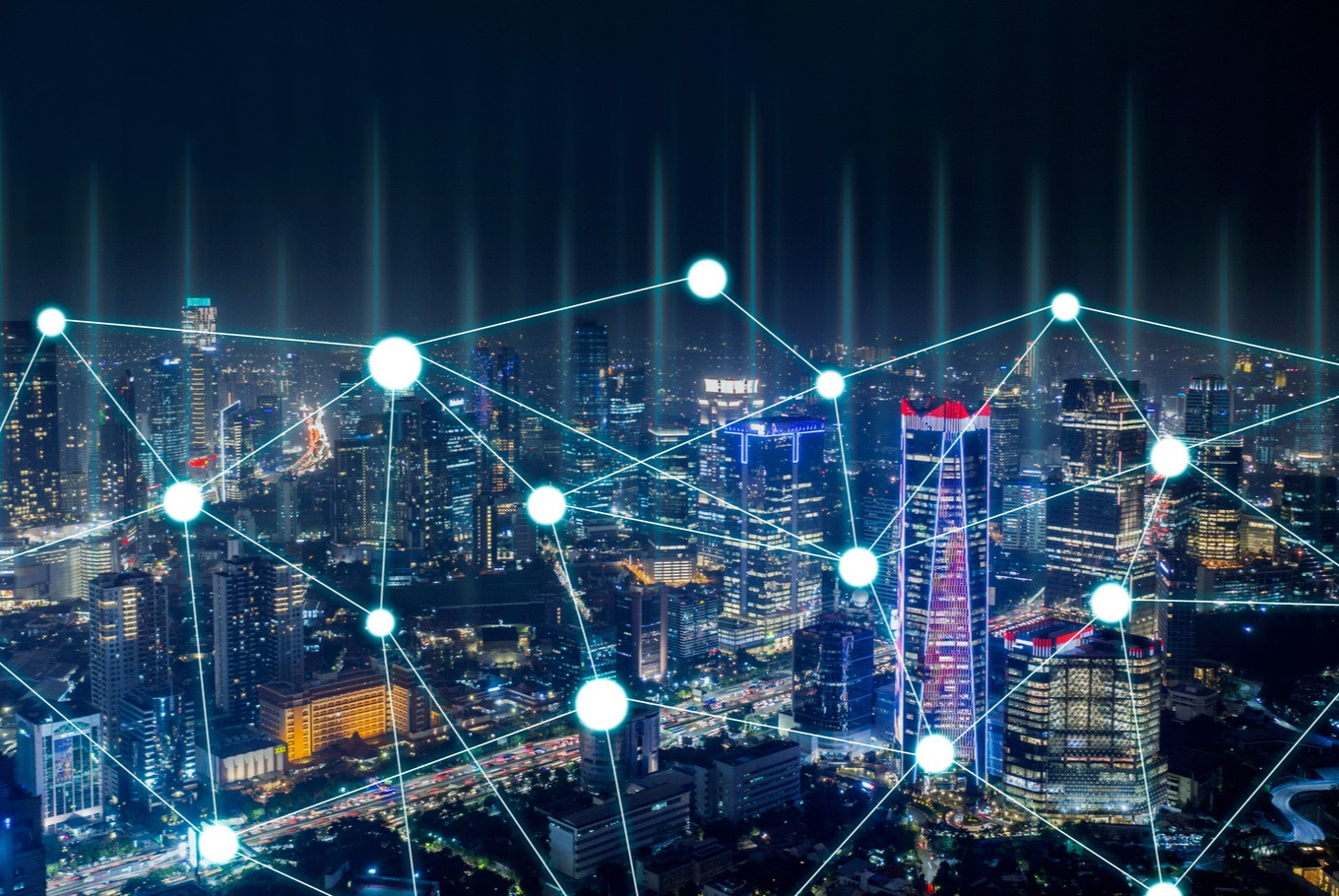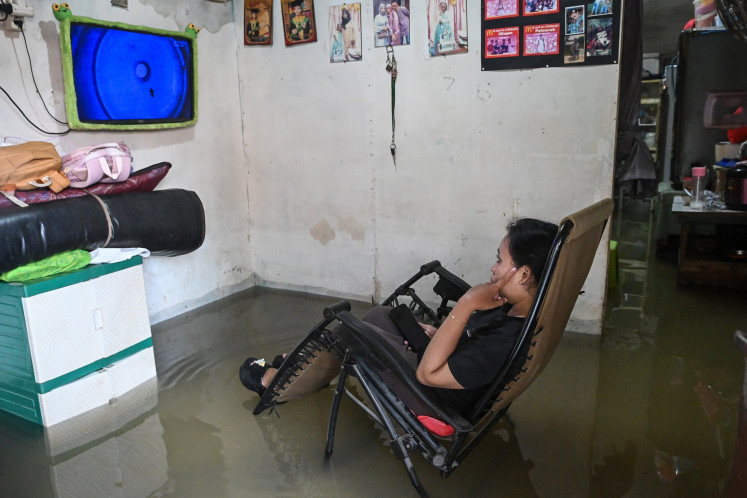Popular Reads
Top Results
Can't find what you're looking for?
View all search resultsPopular Reads
Top Results
Can't find what you're looking for?
View all search resultsFrom 'buzzers' to restrictions: Indonesia's internet freedom declining, report says
Freedom House's latest report ranked Indonesia's internet freedom as "partly free", largely as a result of on-and-off restricted access to social media platforms and manipulation of content for political gain during the April elections
Change text size
Gift Premium Articles
to Anyone
I
ndonesia has witnessed a decline in internet freedom over the past year, largely as a result of on-and-off restricted access to social media and manipulation of content for political gain during the April elections, according to Freedom House's latest report.
The think tank’s Freedom on the Net 2019 report on Indonesia’s internet freedom ranks the country as “partly free”, scoring 51 in a scale of 0 to 100 ─ with 0 considered least free and 100 most free ─ a slight decline from its score of 54 in the previous year.
The report, which is based on an evaluation between June 2018 and May 2019, revealed that despite steadily increasing internet penetration, Indonesians still face obstacles to surfing the internet because of the government’s intermittent restrictions on social media.
The restrictions were imposed mainly following the polarized presidential election in April between President Joko “Jokowi” Widodo and losing candidate Prabowo Subianto, with the latter’s supporters alleging Jokowi’s victory was the result of electoral fraud.
During post-election protests that later descended into riots in the capital, the government restricted access to social media platforms and online messaging apps between May 22 and 24, citing the need to curb the spread of hoaxes and misinformation.
The violent protests were used as "a justification by authorities to restrict social media and communication platforms", the report says.
Restrictions on connectivity returned in August for weeks when the government imposed an internet blackout in Papua and West Papua, citing security concerns as antidiscrimination and pro-independence protests flared up.
Freedom House also reported that the recent presidential election saw manipulated content and disinformation online that reached unprecedented levels compared with those observed in the 2014 presidential election
"Coordinated manipulation of online content by the government, its allies and other political actors has distorted the information landscape. [...] political actors exploited the prevailing divisions and delegitimized the electoral process for political gain," the report says.
According to the report, the camps of both presidential candidates reportedly hired online campaign strategists who mobilized paid commenters known as “buzzers” and automated accounts to spread political propaganda ahead of the election.
One buzzer led a team with 250 fake accounts on major social media platforms, including Facebook, WhatsApp, YouTube and Twitter, the report said, and that spam accounts on Twitter had manipulated and amplified hashtags to benefit certain presidential candidates.
The government’s move to frequently block online content it deems to be in violation of laws or social norms as well as an increasing number of prosecutions for online activities ─ by means of the draconian Electronic Transactions and Information (ITE) law ─ also contributed to Indonesia’s declining internet freedom.
Freedom House cited a Southeast Asia Freedom of Expression Network (SAFEnet) report that recorded at least 20 new prosecutions under the ITE Law from June 2018 to May 2019, with an additional nine cases in July 2019 alone. Furthermore, the report said, the National Police arrested 122 people for hate speech on social media in 2018 alone.
“Authorities have also increasingly targeted online discourse that is critical of the government by labeling it hate speech, which could potentially limit the willingness of journalists and users to criticize the government online," says the report.
The report cited as an example the case of Muhammad Yusuf, a journalist with the online news outlet Kemajuan Rakyat, who was arrested and charged with hate speech in April 2018 after he reported critically on a land dispute between farmers and a palm oil company owned by an influential local businessperson.
In June 2018, Yusuf died in detention while awaiting trial, which according to the National Commission on Human Rights was a result of the detention facility’s failure to provide proper health care and treatment.
A number of journalists have also been subjected to doxing and other forms of harassment after publishing online content, the report says, citing an example of a detik.com journalist who fell victim after he included in his reporting a quotation from a prominent figure who urged people to vote against Jokowi.
Doxing refers to the publishing of private or identifying information about individuals on the internet, usually with malicious intent.
Minority groups have also become online targets, the report says, with content related to the lesbian, gay, bisexual and transgender (LGBT) community continuing to be subject to removal and restrictions by authorities.
In doing this, the government routinely requires platforms and content hosts to remove what it regards as negative content posted by users, the report went on, raising concerns of arbitrary and nontransparent blocking procedures.
For instance, Google reportedly removed a total of 73 apps with LGBT themes from its online store upon the request of the Communications and Information Ministry.
There is growing pressure on companies to “police” content, resulting in censorship of political and social material, as platforms that do not comply in removing what the government describes as negative content risk being blocked entirely.
For example, Tumblr was blocked in March 2018 only to be unblocked in December after removing “adult content” from its platform.
"Laws and procedures regulating the government’s ability to restrict online content are largely not grounded in democratic principles," the report says.










